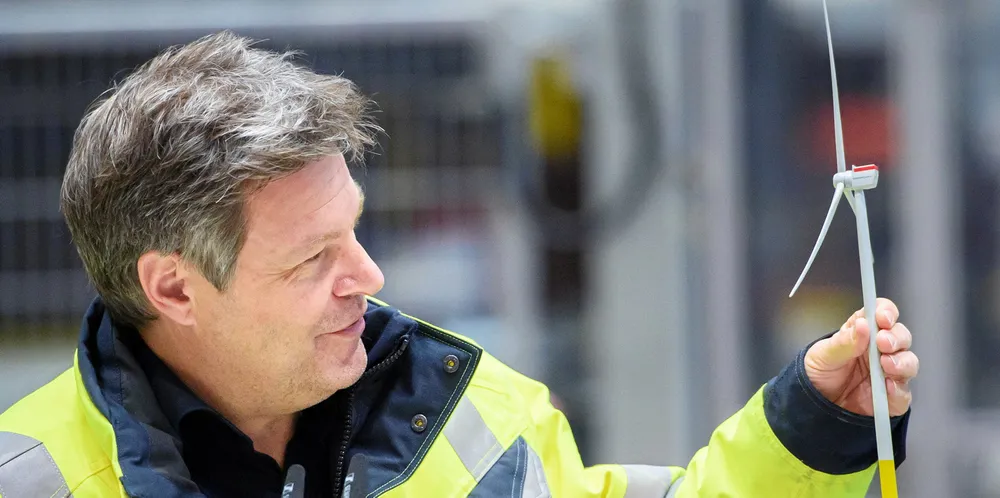Why 'Germany speed' offshore wind could have a $300m sting in the tail
Measures to cut red tape for projects sound just what the industry needs – but it fears compensation payments could add to a growing roster of extra costs, writes Bernd Radowitz

Measures to cut red tape for projects sound just what the industry needs – but it fears compensation payments could add to a growing roster of extra costs, writes Bernd Radowitz
